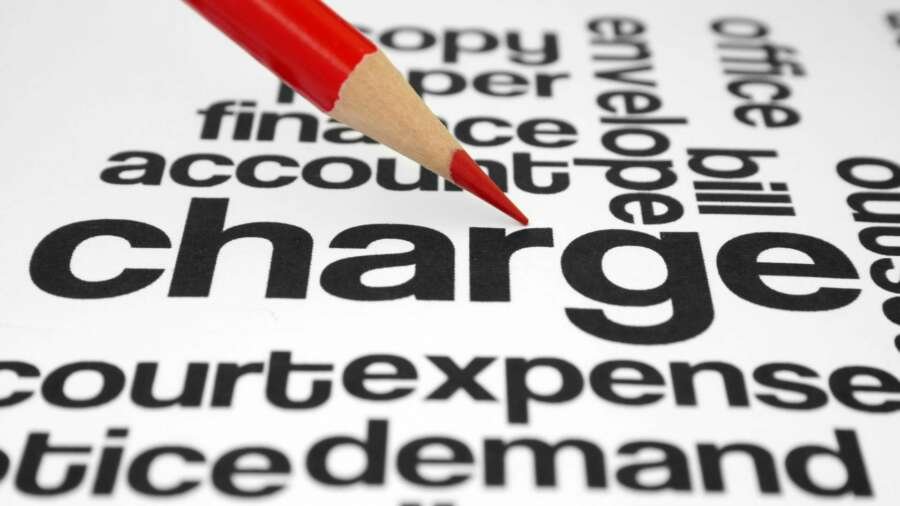
Credit cards help us make financial transactions and allow us to complete the payment at a later time. However, this level of comfort, if misused, may come at a price. In case you have not paid your credited amount for longer periods, usually several weeks, a fee in the form of a finance charge will be applied.
What Is a Finance Charge?
A finance charge can be defined as the amount of fee generated in response to the non-payment of borrowed money. As an example, for loans, a finance charge is applied in the form of interests on the total amount.
In the case of credit cards that are issued by banks, if the credit is not repaid monthly or if the time for payment exceeds the provided deadline, banks may apply finance charges. These finance charges will collect over time, particularly if you constantly hold a per month balance on your wallet.
The cardholder agreement will have the terms specified for the interests and other fees. Dependent on calculation techniques, the finance charges can differ. The timeframe for you unable to pay the required finance charge and the amount of finance charge being generated are directly proportional to each other. In other words, more charges will keep on accumulating as the duration of non-payment increases.
If we talk about the timeframe before the final deadline, most money lending institutions typically offer a specified amount of time or grace period. This grace period is usually ranged anywhere from 21 days to 25 days, after which credit payment is necessary.
How to Avoid Paying Finance Charges?
If you have been searching for this question’s the answer then – Yes: there is a way to avoid paying finance charges on nearly all credit cards. The most vital aspects to be kept in focus are the timing and volume of your credit card bill.
Because a finance fee is how the credit card issuer charges you for upholding balance, the only way to avoid paying finance charges is to completely pay your credit card bill every month.
Let’s Have a Look at How Things Work
Firstly, there is a grace period on your credit card, which is as mentioned above, is typically between 21 to 25 days. You will receive your credit card billing statement with a timeline, before the end of which is your chance of paying the complete credit card balance and, consequently, avoiding any incurring of financial charges. This will also prevent any additional finance charge on your next credit card billing statement.
Alternatively, numerous cards offer 0 percent promotional APRs for certain periods if you need to hold a credit card balance. Many deals expand for 12 months or more, and for as long as 21 months, there are 0% intro APR offers. These deals are changing very fast with competition in the credit card market at an all-time peak, so make sure to find out the new and strongest 0 percent promotional APR offers.
ATTENTION READERS
We See The World From All Sides and Want YOU To Be Fully InformedIn fact, intentional disinformation is a disgraceful scourge in media today. So to assuage any possible errant incorrect information posted herein, we strongly encourage you to seek corroboration from other non-VT sources before forming an educated opinion.
About VT - Policies & Disclosures - Comment Policy



